This is a testable hypothesis, and with current technology, we should be able to confirm or disprove it within a few years.
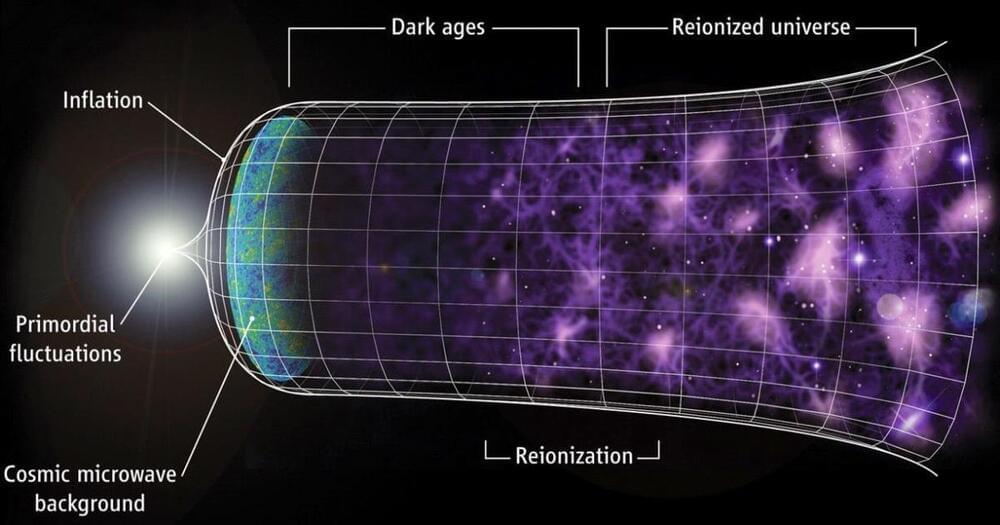

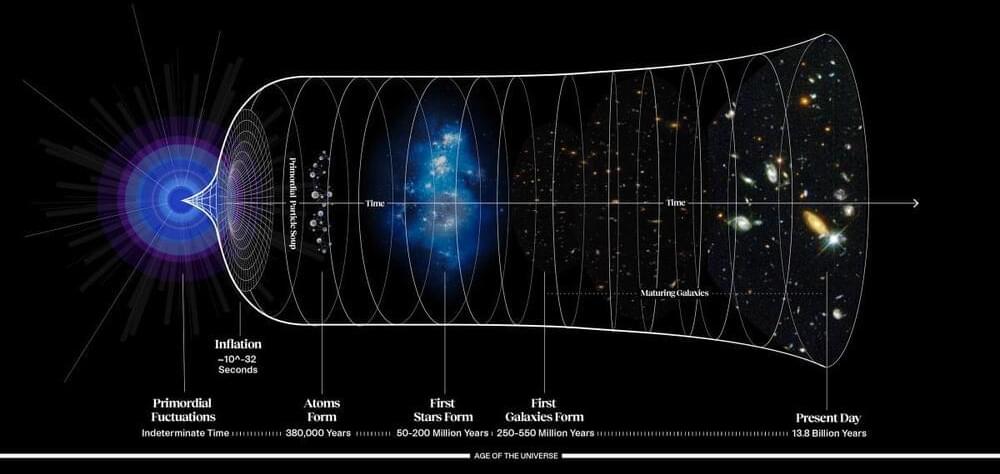
Once inflation comes to an end, and all the energy that was inherent to space itself gets converted into particles, antiparticles, photons, etc., all the Universe can do is expand and cool. Everything smashes into one another, sometimes creating new particle/antiparticle pairs, sometimes annihilating pairs back into photons or other particles, but always dropping in energy as the Universe expands.
The Universe never reaches infinitely high temperatures or densities, but still attains energies that are perhaps a trillion times greater than anything the LHC can ever produce. The tiny seed overdensities and underdensities will eventually grow into the cosmic web of stars and galaxies that exist today. 13.8 billion years ago, the Universe as-we-know-it had its beginning. The rest is our cosmic history.
In this episode, we explore the Hubble constant problem, which is one of the most intriguing and perplexing mysteries in cosmology. We explain how a recent study used the Hubble Space Telescope to measure the expansion rate of the universe, and how it differs from the prediction of the cosmic microwave background and the standard cosmological model. We also discuss some of the possible implications and solutions for this discrepancy, such as the nature of dark energy, dark matter and dark radiation, and the need to revise our understanding of the universe.
Chapters:
00:00 Introduction.
01:13 Measuring the Hubble Constant.
03:36 Comparing the Results.
05:39 Implications and Solutions.
07:54 Outro.
08:39 Enjoy.
Best Telescopes for beginners:
Celestron 70mm Travel Scope.
https://amzn.to/3jBi3yY
Celestron 114LCM Computerized Newtonian Telescope.
https://amzn.to/3VzNUgU
Celestron – StarSense Explorer LT 80AZ
https://amzn.to/3jBRmds.
Visit our website for up-to-the-minute updates:
While physics tells us that information can neither be created nor destroyed (if information could be created or destroyed, then the entire raison d’etre of physics, that is to predict future events or identify the causes of existing situations, would be impossible), it does not demand that the information be accessible. For decades physicists assumed that the information that fell into a black hole is still there, still existing, just locked away from view.
This was fine, until the 1970s when Stephen Hawking discovered the secret complexities of the event horizon. It turns out that these dark beasts were not as simple as we had been led to believe, and that the event horizons of black holes are one of the few places in the entire cosmos where gravity meets quantum mechanics in a manifest way.
The quest to unify quantum mechanics and gravity stretches back over a century, soon after the development of those two great domains of physics. What prevented their unification was a proliferation of infinities in the mathematics. Anytime gravity became strong at small scales, our equations diverged to infinity and gave useless non-results. But here we are at the boundaries of black holes, which by definition are places of strong gravity. And because the event horizons are mathematical constructs, not actual surfaces with finite extent, to truly understand them we must examine them microscopically, which plants them firmly in the realm of the quantum.
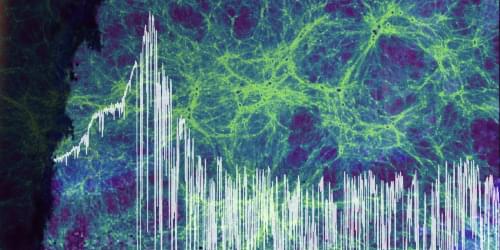
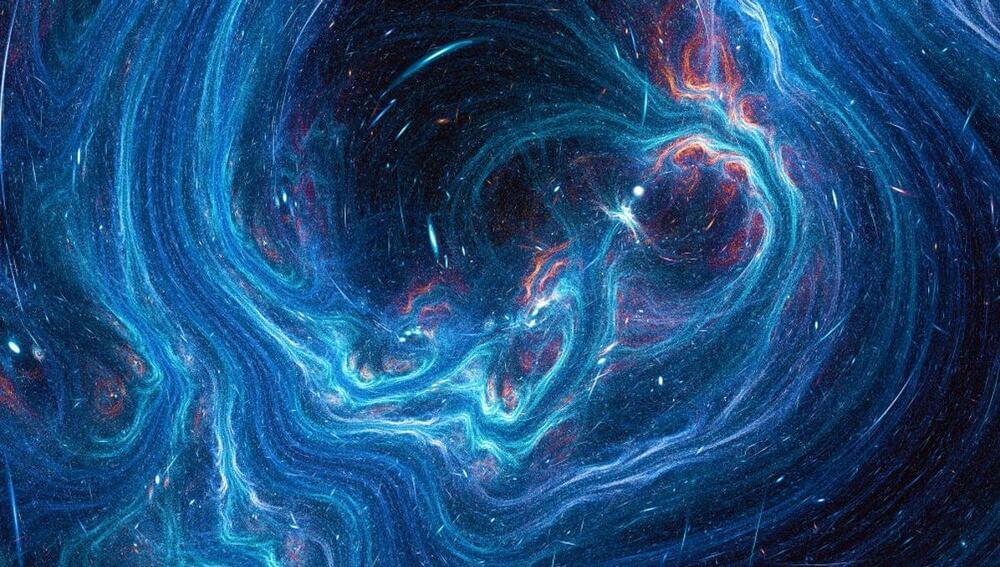
Our current best understanding of the universe requires the existence of an invisible substance known as dark matter. The exact nature of dark matter (or its actual existence) is still unknown, and there are multiple competing theories to explain the effect of this matter on the Universe. An exciting new one is called Recycled Dark Matter.
The idea behind Recycled Dark Matter is that dark matter is produced in a specific mechanism that researchers have dubbed “recycling” in a paper awaiting peer-review, because dark matter forms twice in the universe, with weird quantum mechanics and a black hole phase in the middle. All of that just a few instants after the beginning of the cosmos.
So, let’s take a journey back about 13.8 billion years. You don’t have to move, because the Big Bang happened everywhere. At the very moment that time as we know it starts ticking, the fundamental forces and the building blocks of particles we know of (the Standard Model) are in equilibrium with the Dark Sector (we know it sounds like a bad fantasy novel location, but bear with).
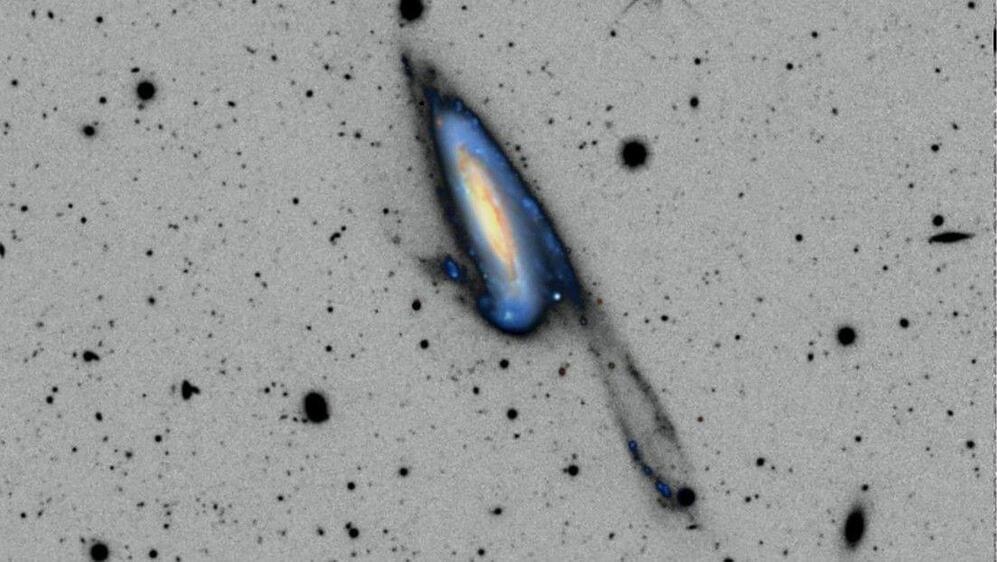
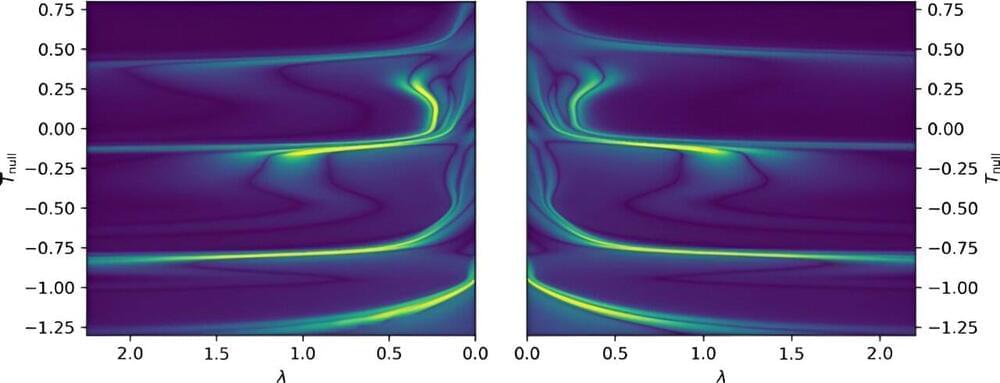
Black holes are regions in space where the gravitational pull is so strong that nothing can escape them, not even light. These fascinating regions have been the focus of countless studies, yet some of the physics underlying their formation is not yet fully understood.
Black holes are formed in what is known as gravitational collapse. This is essentially the contraction of a cosmological object, prompted by its own gravity drawing matter inward (i.e., toward the object’s center of gravity).
Whether or not such a collapsing object forms a black hole depends on the specific properties of the object. In some cases, an object may be very close to the threshold, having a hard time deciding whether or not to form a black hole. This type of collapse results in so-called critical phenomena.
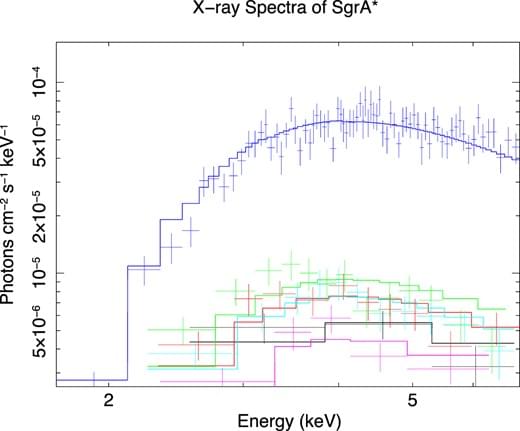
Six archival Chandra observations are matched with eight sets of radio data and studied in the context of the outflow method to measure and study the spin properties of |$\rm {Sgr ~A^{*}}$|. Three radio and X-ray data sets obtained simultaneously, or partially simultaneously, are identified as preferred for the purpose of measuring the spin properties of |$\rm {Sgr ~A^{*}}$|. Similar results are obtained with other data sets. Results obtained with the preferred data sets are combined and indicate weighted mean values of the spin function of |$F = 0.62 \pm 0.10$| and dimensionless spin angular momentum of |$a_* = 0.90 \pm 0.06$|
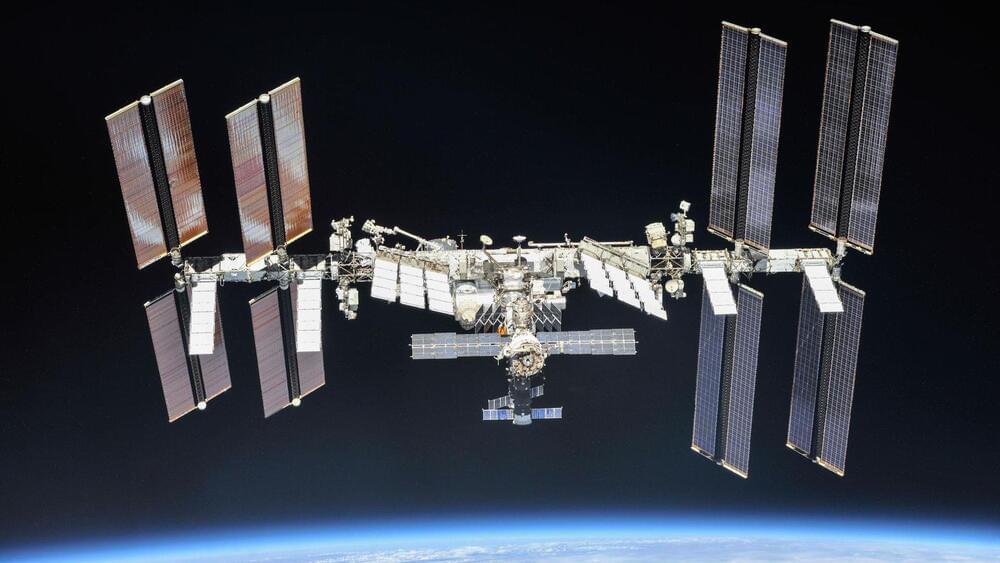
A new study using data from the CALET instrument on the ISS has found evidence for young and nearby sources of cosmic ray electrons from supernova remnants.
NASA
In a new study using data from the CALorimetric Electron Telescope (CALET) instrument on the ISS, the researchers have found evidence for young and nearby sources of cosmic ray electrons, which are a special kind of cosmic ray that carry a negative charge. These sources will likely be the remnants of exploded stars, or supernovae, in our galactic neighborhood.